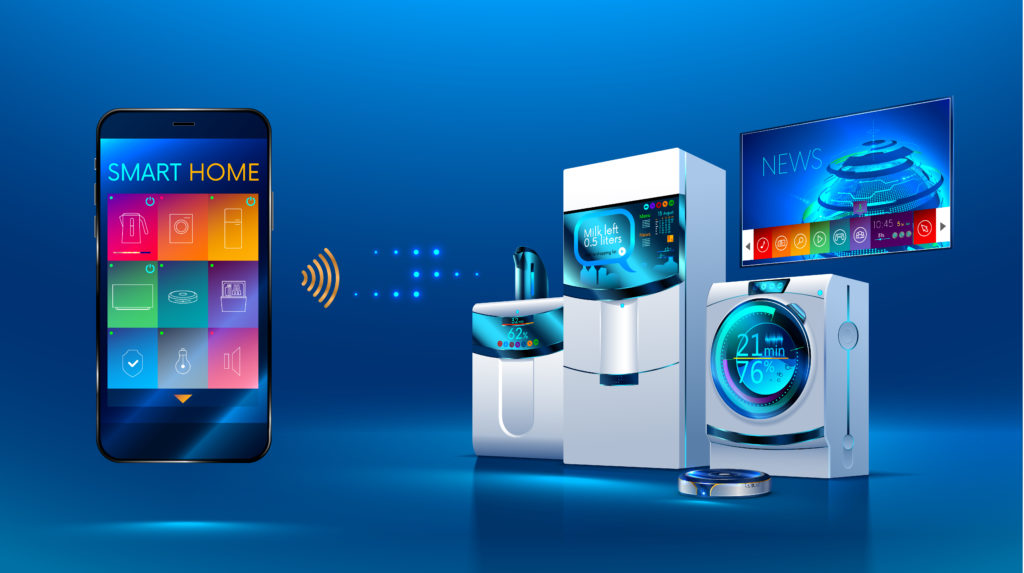
Artificial intelligence (AI) has come a long way in recent years and has already transformed many aspects of our lives. From personal assistants like Siri and Alexa to self-driving cars and robots that can perform complex tasks, AI has made a significant impact on our daily routine. With this rapid progress, some people are concerned about the possibility of AI taking over our appliances in the future. In this blog, we will explore this possibility and what it could mean for us.
First, it is essential to understand what we mean by “appliances.” Appliances refer to any machine or device that performs a specific function in our homes, such as refrigerators, washing machines, air conditioners, and so on. These appliances are typically designed to operate using a set of predefined instructions, such as pressing buttons or turning knobs.
However, with the advancements in AI, there is a growing trend towards creating “smart” appliances that can learn and adapt to our behaviors and preferences. For instance, a smart refrigerator can learn our eating habits and suggest recipes or even order groceries automatically. Similarly, a smart washing machine can adjust the water temperature and detergent level based on the type of clothes being washed.
While these features can make our lives easier, they also raise concerns about the potential for AI to take over our appliances. The fear is that the machines will become too intelligent and start making decisions on their own, without our input or control. This scenario is often referred to as the “singularity,” where machines become smarter than humans and take over the world.
However, it is essential to note that the singularity is still a far-off possibility, and there is no evidence to suggest that it will happen anytime soon. Furthermore, most smart appliances currently in use have limited AI capabilities and are designed to work in collaboration with humans rather than replacing them.
Another concern is the possibility of AI being hacked, leading to malicious intent or misuse. If an AI-powered appliance were to be hacked, it could lead to serious consequences, such as malfunctioning or even causing harm. However, the risk of hacking can be minimized by implementing robust security protocols and regular software updates.
In conclusion, while the idea of AI taking over our appliances in the future may seem frightening, it is crucial to understand that it is still a distant possibility. Smart appliances that utilize AI technology are designed to work in collaboration with humans, and their capabilities are limited. As long as we continue to implement robust security protocols and maintain control over our appliances, AI technology can bring many benefits to our daily lives.
